A radiological examination prescribed according to the indications and needs (retro alveolar, dental panoramic, 3D imaging, scanner) can complete this visual examination.
OPERATIONS REQUIRING AN ORAL CHECK-UP
Before certain medical or surgical acts described below, a pre-therapeutic oral check-up followed, if necessary, by care for any infectious foci is strongly recommended.
DENTAL EXAMINATION BEFORE FITTING A JOINT PROSTHESIS
Before fitting a joint prosthesis (hip, knee, etc.), an oral check-up is strongly recommended. The existence of infectious foci in the oral area would increase the risk of infection after the placement of the prosthesis.
DENTAL CHECK-UP BEFORE CERVICO-FACIAL RADIOTHERAPY
To limit the risk of developing osteoradionecrosis, bone necrosis, it is recommended to monitor your teeth and treat any infection before and after radiotherapy.
Indeed, following this examination, there may be impacts at the oral level, in particular on the maxillary bone and the mandible which will be weakened. Regular follow-up with your dentist is necessary.
DENTAL EXAMINATION BEFORE AN ORGAN TRANSPLANT
Before a transplant, an oral check-up is necessary. The patient will be under immunosuppressive treatment all his life, which requires regular dental follow-up.
Since the patient’s defenses are weakened by the immunosuppressive treatment, any infectious focus must be diagnosed as early as possible and treated quickly.
THE CONSEQUENCES OF CHEMOTHERAPY OR RADIOTHERAPY ON THE MOUTH
According to Doctor Eric Sebban , Surgical Oncologist at the American Hospital of Paris and at the Hartmann Clinic, immunosuppressive treatment can cause a feeling of dryness and burning as well as the appearance of chemotherapysore spots in and around the mouth.
Chemotherapy can lead to mucositis, which is an inflammation of the lining of the mouth and throat which is painful. It can also be the cause of undernutrition linked to pain during swallowing.
Good oral hygiene is essential during treatment to limit the risks.
Radiation therapy can cause osteoradionecrosis as a side effect. Saliva secretion may also be reduced along with a feeling of dryness. It is therefore necessary to make a thorough oral check-up before radiotherapy and then to make a regular follow-up with your dentist.
However, these painful lesions and risks of infection can be anticipated thanks to good oral hygiene and regular oral follow-up by a dental surgeon.
Responsible for the serious consequences of postoperative infections, any oral infectious foci must be detected and treated before undergoing certain medical (chemotherapy, radiotherapy) and surgical (hip prosthesis) procedures. For this reason, an oral check-up is often requested in order to eliminate any risk of infection.
DENTAL EXAMINATION BEFORE HEART SURGERY
A dental examination before a heart valve replacement operation, for example, is necessary to check and eliminate any present or potential source of infection that could enter the bloodstream and travel to the site of the operation, leading to later complications such as infective endocarditis, which can be life-threatening.
The dental examination has another purpose. After a heart valve replacement, patients are usually prescribed blood-thinning medications to prevent blood clots from forming. However, this treatment also increases the risk of excessive bleeding during dental treatment. By settling any dental problem in advance, we avoid having to interrupt the anticoagulant treatment, which often requires hospitalization.
The dental and oral examination must be supplemented by a dental panoramic X-ray in order to look for infectious foci.
DENTAL CHECK-UP BEFORE RADIOTHERAPY FOR ENT CANCER OR HEAD OR NECK CANCER
Some radiation oncologists require a certificate of good dental health before providing radiation therapy for head and neck cancer or an ENT sphere scan.
“Saliva serves to lubricate the mouth and protect the teeth. Radiotherapy for head and neck cancer or the ENT sphere can also affect the salivary glands, reducing saliva production and thus promoting tooth decay,” explains Dr Hauptschein.

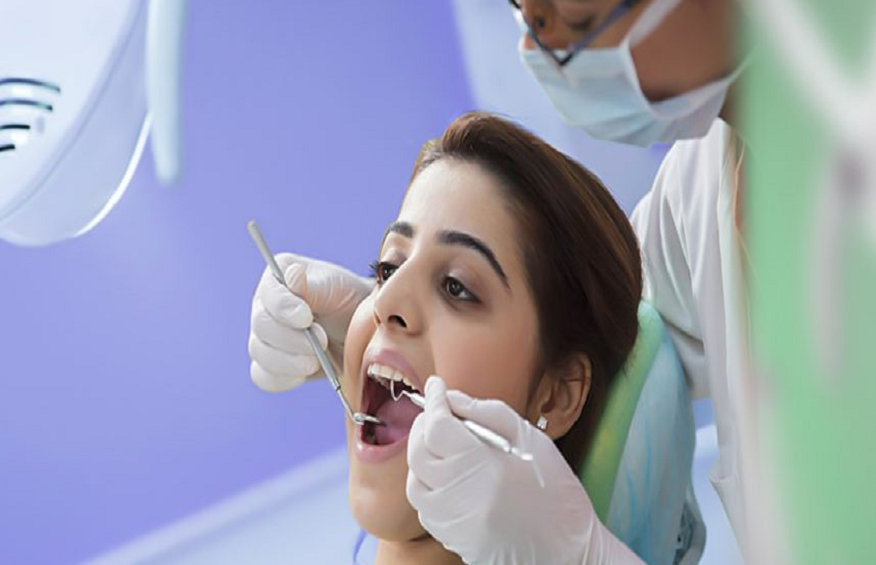
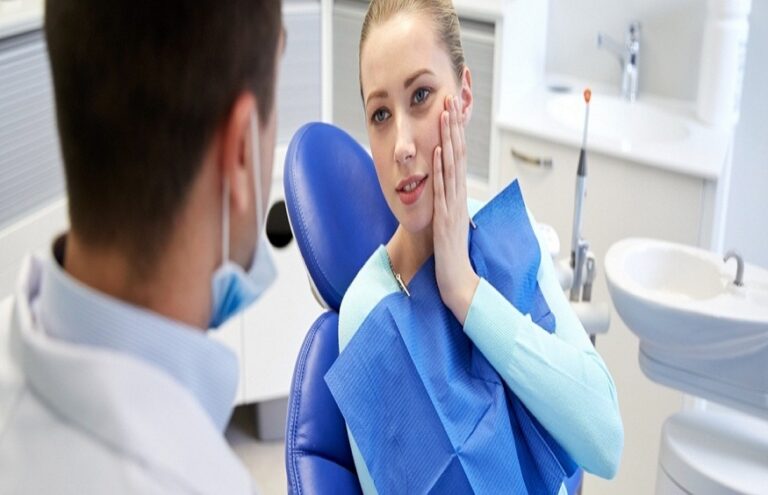
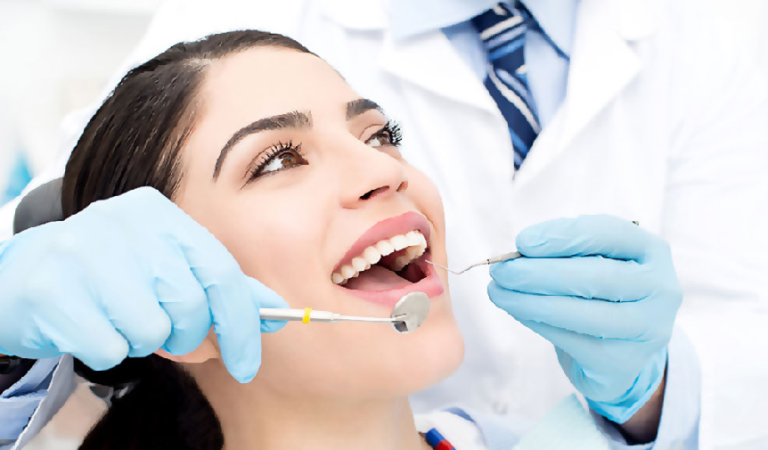
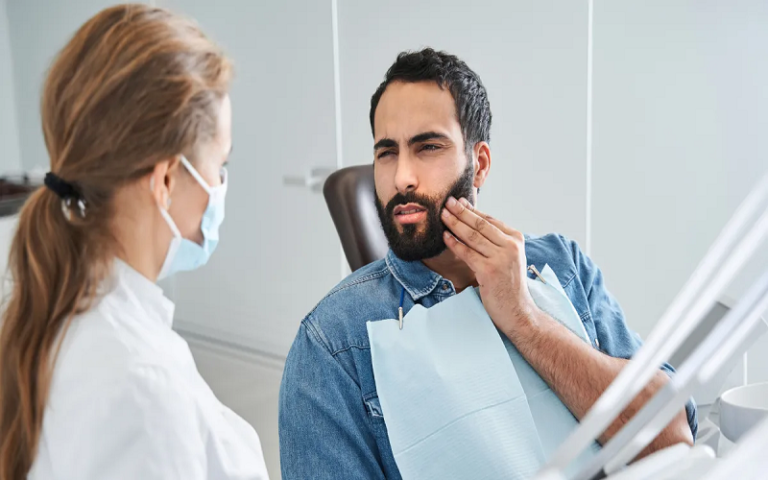
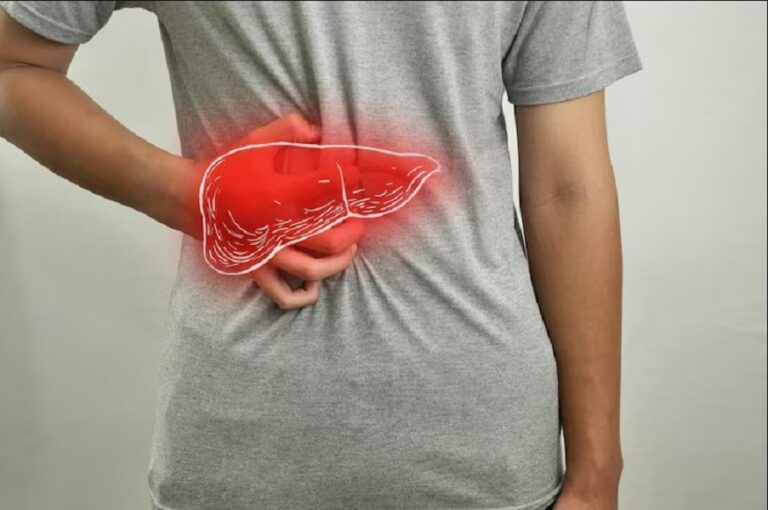
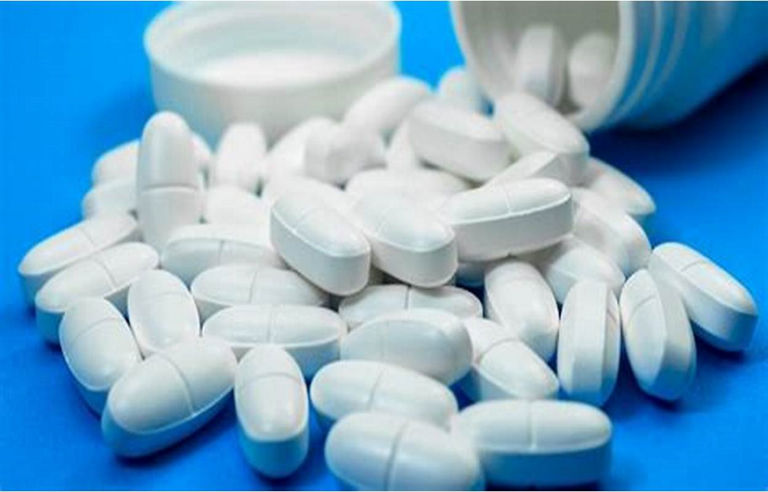




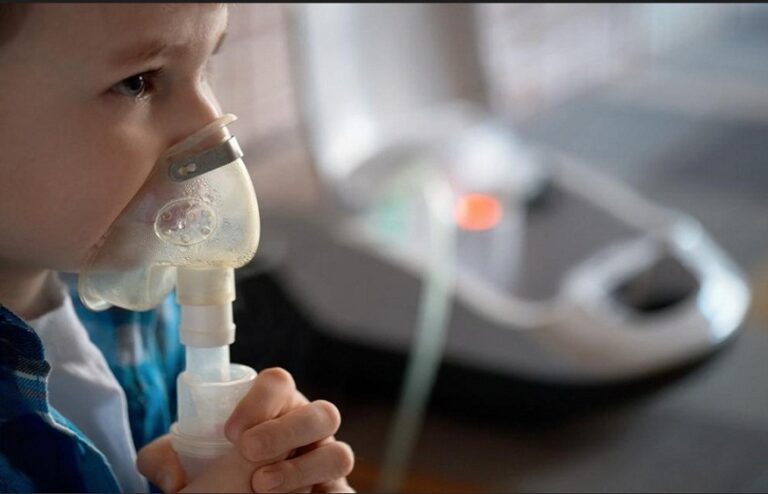

+ There are no comments
Add yours